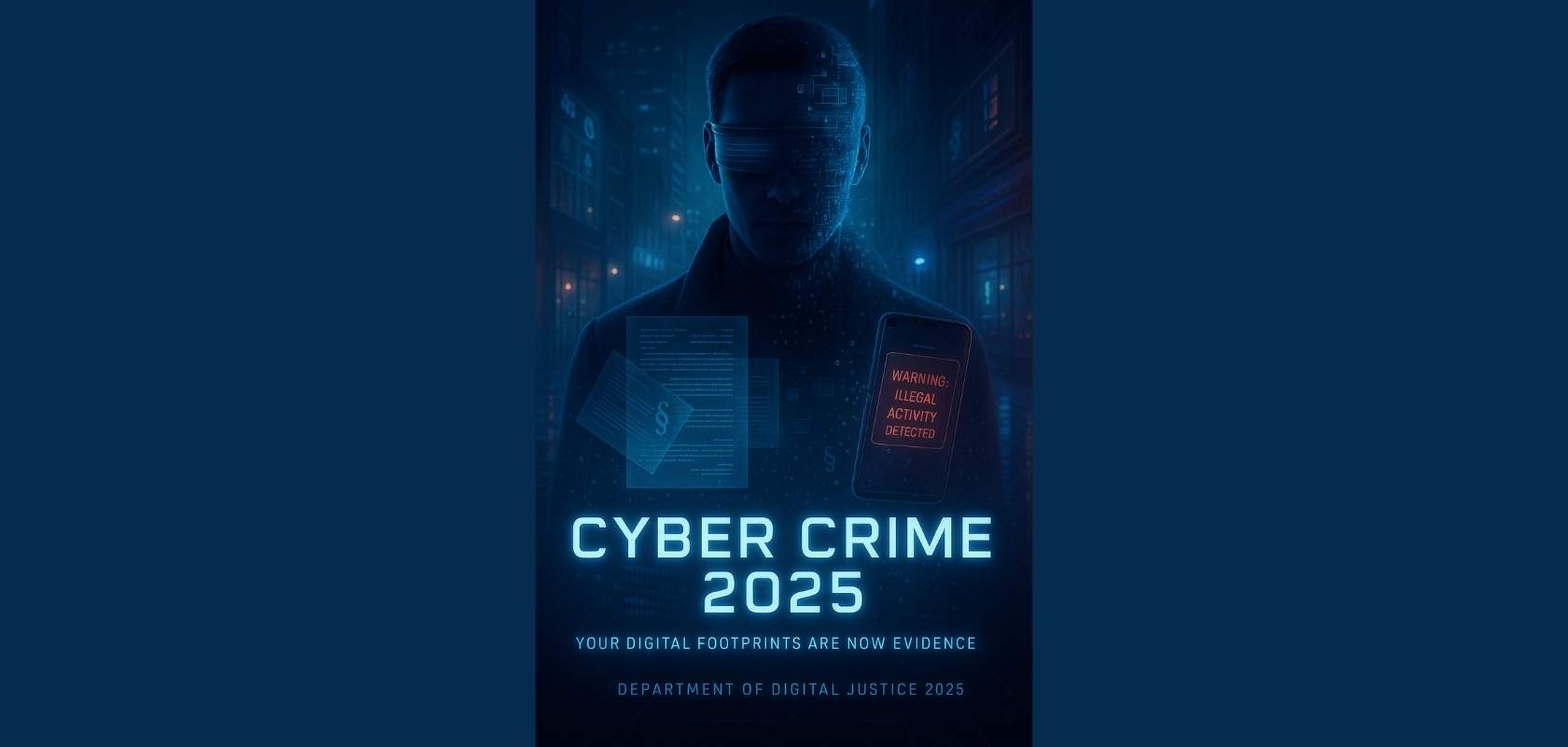
Cyber Crime 2025
Cyber Crime in 2025: What You're Doing Online Might Be Illegal
Imagine this: It's late, you're chatting with your AI assistant, tossing around jokes. You laugh, screenshot the funniest AI-generated meme, and casually post it on social media. Next morning, your doorbell rings—it's the authorities. Turns out that joke crossed some obscure new digital decency law. Sounds ridiculous, right? Welcome to 2025.
The Shifting Legal Landscape
As technology barrels ahead, laws are stumbling to keep up. What felt completely normal yesterday could be prosecutable today. AI tools, VPNs, memes, even likes on posts—they're all fair game. Regulators are sprinting behind innovation, desperately trying to set guardrails. But in the race between tech and the law, guess who often loses? Yep, you.
Stealth Crimes: Everyday Actions Turned Illegal
-
Deepfakes: That hilarious TikTok you made swapping your face onto a celebrity’s body? Congratulations, you've just violated identity misuse statutes.
-
Password Sharing: Remember giving your Netflix password to a friend? That's now considered digital fraud and carries a fine or worse.
-
Public Data Scraping: Downloaded that public Instagram photo for a mood board? You might've just committed a copyright violation.
-
AI-Generated Content: Shared a meme your chatbot generated about a politician? You've potentially committed defamation or spread misinformation.
-
VPN Use: Accessing region-blocked content using a VPN? That's no longer just savvy—it's digital trespassing.
Who’s Watching?
We're not saying you're living in a digital surveillance state, but consider this: AI-powered monitoring tools now scan billions of data points every day. Automated flags are constantly on the lookout, and they're not great at nuance. They spot keywords, memes, patterns—sometimes out of context—and suddenly, you're flagged.
Protect Yourself
You don't have to go off-grid. Just play it smart:
-
Think before sharing AI-generated content publicly.
-
Always double-check copyright terms before reusing online material.
-
Use VPNs wisely and understand regional laws.
-
Regularly review platform terms to avoid surprise infractions.
-
Advocate and stay informed about new digital rights regulations.
Cybercrime isn't just for hackers anymore—it's for everyday people like you, unknowingly crossing invisible lines. Stay sharp. The internet’s gotten a lot trickier